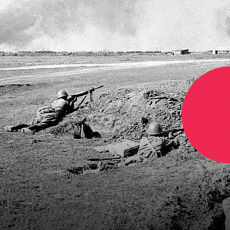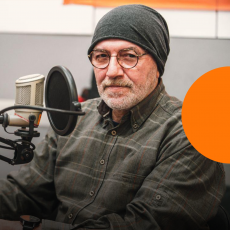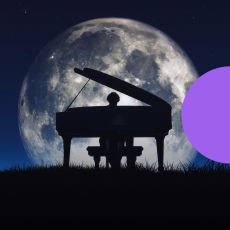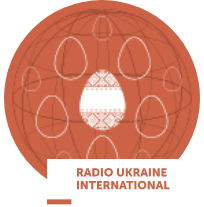Situation in Donbas – Weekly Review
Donetsk sector remains the epicenter of the conflict in the eats of Ukraine. Thought the number of separatists’ attack has considerably increased – up to 5 per day, the CTO HQ informed. Nevertheless, pro – Russian hirelings keep breaching the Minsk agreements, shelling the residential quarters and positions of the Ukrainian military. Among the settlements that most frequently came under the enemy’s fire were the villages of Pisky, Vidyane, Lebedynske and the strategically important town of Avdiivka. In the past week at least half of the attacks were made from heavy weaponry prohibited by the Minsk agreements. The CTO HQ’s speaker, colonel Dmytro Hutsuliak said,”The positions of Ukrainians troops are regularly shelled by pro-Russian separatists. This week in Luhansk sector the enemy used heavy weaponry banned by the Minsk agreement for two days in a row, separatists use grenade launchers, infantry fighting vehicles and large caliber guns.”
The OSCE special monitoring mission in Ukraine also marked the decrease of violence in Donbas. However, the OSCE observes marked the frequent use of weaponry in the places on mass gatherings along the contact line in Donbas.
New OSCE Head Visited Donbas
Ukraine’s Foreign Minister and his Italian counterpart and OSCE Chairperson – in - Office Angelino Alfano visited the southern – Ukrainian port of Mariupol, Donetsk region where they held the meeting with members of the OSCE mission in Ukraine. The meeting participants focused on ceasefire violations in the CTO area and the humanitarian situation in the region. Ukraine’s Foreign Minister expressed his hope that broadening and proper functioning of the OSCE mission would be a priority for Italy running the Organization in 2018. Ukraine considers that both human and technical potential of the OSCE mission in Ukraine should be enhanced. Ukrainian FM Pavlo Klimkin said,”The OSCE mission cannot properly fulfill its duties in Ukraine, separatists often prevent them from attending the temporarily occupied territories in Donbas. The mission’s mandate allows it to work on the whole territory of Ukraine, including Donbas and Crimea.”
He also stressed that Russia’s support provided to the separatist forces brings the situation in the region to humanitarian catastrophe. In his turn, Italian Prime Minister Angelino Alfano said that breaching of the Minsk agreements is the main obstacle for settling the Donbas conflict. “Sometimes casting one glance at the situation will unveil more than any reports from the spot of event. That’s why we came to Donbas to get a better vision of what’s going on there,” Angelino Alfano said.
The situation in the conflict zone in Donbas and the occupied Crimea was the key topic for discussion between the president of Ukraine Petro Poroshenko and OSCE leader Angelino Alfano held in Kyiv on Tuesday. Petro Poroshenko informed Alfano about the current situation in Donbas and welcomed his decision to attend the region within the framework of his visit to Ukraine; the president thanked the Italian official for the long-standing support of Ukraine’s sovereignty and territorial integrity. Both sides condemned the worsening situation in the area of human rights protection in Donbas and the Russia-annexed Crimean peninsula.
Ukraine Condemned Polish Law Aimed at Blaming Nationalists
Ukraine’s Foreign Minister believes that the adoption in the Polish Senate of the Law on the Institute of National Remembrance, which among other things concerns Ukraine, "is aimed not at the discussion of historical truth, but the construction of historical mythology." After a continuous discussion on the first of February, the Senate of Poland supported the relevant bill without amendments, which provides criminal liability for the denial of crimes of Ukrainian nationalists against Polish citizens.
Ukraine’s President Petro Poroshenko stated that the law does not correspond to the proclaimed principles of strategic partnership between Ukraine and Poland and contains absolutely unacceptable assessments.
The US Department of State also expressed its deep concern at the adoption of this document, which is also called the "Holocaust Bill", as it criminalizes the use of the wording "Polish death camps" in describing the concentration camps that existed in the territory of the occupied Poland during the Second World War. The United States noted that the law could undermine freedom of speech and academic discourse, creating obstacles to the debate on the Holocaust, and urged President Andrzej Duda to veto the law.
The bill triggered a diplomatic spat between Israel and Warsaw’s conservative government since its initial approval in the lower house of parliament last week, with Israeli Prime Minister Benjamin Netanyahu comparing it to an effort to change history. 57 senators voted to adopt the Law, the majority of them belong to the ruling party "Law and Justice", according to the news agency Ukrinform.
Adam Balcer, political scientist, teacher of Eastern European studies at Warsaw University said in an interview with the Ukrainian TV that in general in Poland, the situation of ethnic nationalism is growing. This is proved by the results of public opinion polls, as he said. “There is one third of Poles who, we can say, have a positive attitude towards Ukraine. The other third has a rather indifferent approach. And, unfortunately, there is a rather large group that is negative towards Ukrainians. In every state, every society there are negative stereotypes, prejudices and different views, including the difficult legacy of history - this is a normal matter. But then the responsibility lies on the political elite: in my opinion, it should not strengthen stereotypes and negative perceptions of neighbors,” said Adam Balcer.
Pavlo Klimkin, Ukraine’s Foreign Minister, also claimed that the Ukrainian party is ready for “an objective and joint examination of facts”.
Ukraine Commemorated 100 years of Kruty Battle
On January 29 Ukraine commemorated 100 years of the battle of Kruty, honoring heroes who sacrificed their lives in the fight for Ukraine's liberty and independence. On this day in 1918 near the village of Kruty a battalion of Ukrainian students confronted Bolshevik troops advancing towards Kyiv. It was the first significant military clash between Soviet Russian Red imperialism and the freedom-loving democratic forces of the free world. Though agressors greatly outnumbered the Ukrainian forces and were better trained, armed, and equipped the Student Battalion succeeded in blocking the Bolshevik advance on Kyiv for several days.The battle enabled the Ukrainian Government to stay in the capital of Kiev a while longer, making it possible for the delegation of the Central Rada to conclude and sign the Peace Treaty of Berest Litovsky, acquiring international recognition and fortifying the political status of the new state.
However, the moral significance of the Battle of Kruty is far greater: this acts of heroism made it possible for the Ukrainian nation to keep up its struggle for liberty. And this struggle goes on. President Petro Poroshenko,”The battle of Kruty is one of the many battles insigated by Russia in its eternal "crusade" to destroy Ukraine. Those who survived the battle continuet their fight for independence joining the Ukrainian Insurgent Army. We commemorate these century-old events not only to pay tribute to our history, but to avoid the mistakes of the past being repeated. Day by day we take steps to strengthen our armed forces and our defence industry. We are strongly supported by our international partners, who not only expand their sanction policy that holds back the aggressors in Ukraine, but also finally are rady to provide Ukraine with enhanced defensive capabilities. I believe that consolidation of all Ukrainians against the threat coming from Russia is the most important precondition for our ultimate victory.”
Listen ![]()
Ukrainian Diary – digest of the most important news over the past week (Audio)
3.02.2018 р., 23:30

Останні новини
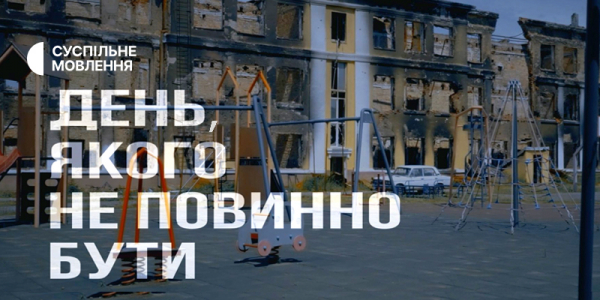
"День, якого не повинно бути" — поезія темних часів на Радіо Промінь
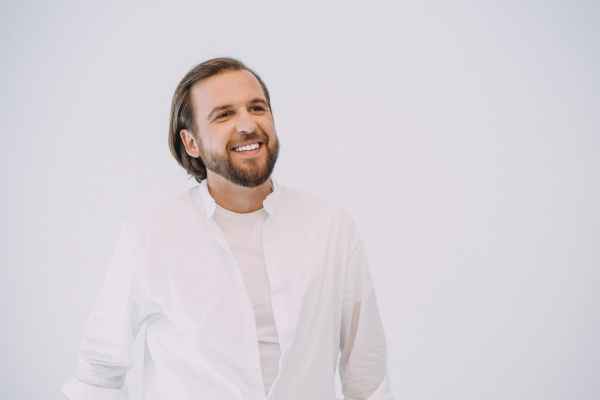
"Без Обмежень" новою піснею закликають берегти військових
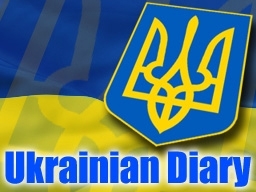
Ukrainian Diary – digest of the most important news over the past week
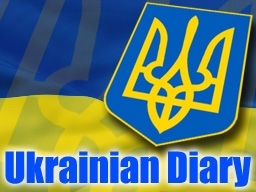
Ukrainian Diary – digest of the most important news over the past week (audio)
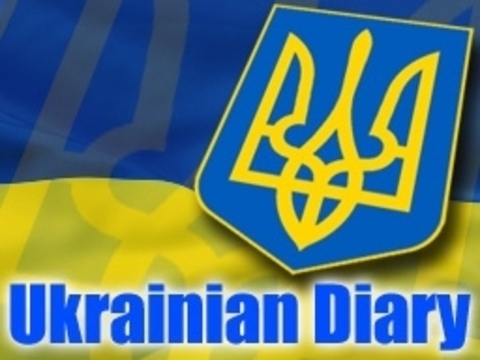
Ukrainian Diary – digest of the most important news over the past week
